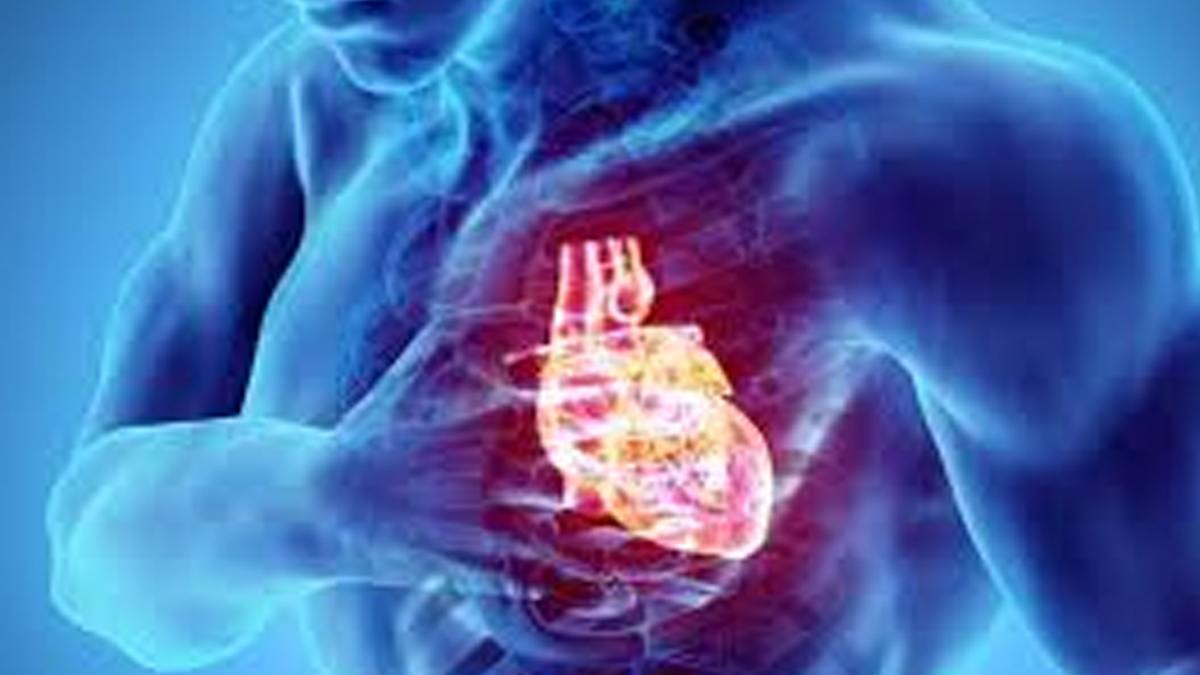
The sudden death of Rohan Mirchandani, CEO of the popular Greek yogurt brand Epigamia, from cardiac arrest at the age of 42 has shocked the business world. Mirchandani's untimely passing has raised concerns about the rising number of young individuals suffering from sudden cardiac events, prompting questions about the role stress and lifestyle factors play in heart health. With the growing prevalence of cardiovascular diseases, especially in younger adults, it is crucial to understand the possible causes of sudden cardiac arrest and how individuals in their 40s can reduce their risk.
Table of Content:-
Understanding Sudden Cardiac Arrest
First and foremost, it's important to distinguish between sudden cardiac arrest and a heart attack. While both conditions involve the heart, they have different causes and mechanisms. A heart attack occurs when there are blockages or clots in the coronary arteries, restricting blood flow to the heart. On the other hand, sudden cardiac arrest is caused by an electrical malfunction in the heart, leading to irregular heartbeats, or arrhythmias, that disrupt the heart’s ability to pump blood effectively. This results in the cessation of blood circulation, which, if untreated, can lead to death.
Unlike a heart attack, sudden cardiac arrest doesn’t necessarily result from a blockage, but from the heart's electrical system going haywire. However, a heart attack can cause changes in the heart's electrical impulses, which could ultimately trigger a sudden cardiac arrest.

Can a Heart Attack Trigger a Cardiac Arrest?
It is well-known that coronary artery disease (CAD) is a leading cause of sudden cardiac arrest, especially in individuals over 40. In fact, approximately 80 per cent of sudden cardiac arrest cases in this age group are linked to CAD. Sometimes, even minor blockages in the arteries—blockages that are less than 70 per cent—can go unnoticed during conventional tests like the treadmill test (TMT). These small blockages can form plaques in the arteries, and during strenuous physical activity, these plaques may rupture, leading to a larger blockage and a heart attack.
Also Read: Supreme Court Orders UP, Haryana to Ban Crackers in NCR to Combat Toxic Air Pollution
If the heart has been accustomed to functioning with less than 70 per cent blockage, this sudden change in blood flow can disrupt its electrical rhythm, potentially triggering a cardiac arrest. Thus, while a heart attack doesn’t directly cause a sudden cardiac arrest, it can set the stage for it by altering the heart's electrical impulses.

Possible Causes For Sudden Cardiac Arrest In Younger Individuals
According to Dr Sandeep Gore, Department of Emergency Medicine, Fortis Hospital, Mulund, heart attack admissions have gone up fivefold in the last ten years, where the number of patients from the 40-50 age group saw a hike of 33%. Although coronary artery disease is a primary risk factor for those over 40, younger individuals (under 35) can also experience sudden cardiac arrest due to other causes. One of the most common is congenital heart defects, which are present from birth but may go undetected until later in life. Conditions such as Hypertrophic Cardiomyopathy (HCM), a genetic disorder that causes the heart muscle to thicken and stiffen, are often diagnosed only when physical exertion or extreme activities trigger arrhythmias, leading to a shutdown of the heart.
Also Read: California Declares Statewide Emergency as Bird Flu Spreads: How Worried Should You Be?
In addition to congenital conditions, lifestyle factors also play a role in sudden cardiac arrest. Dehydration is one factor that can increase the risk, as it thickens the blood and forces the heart to work harder to pump it. Electrolyte imbalances, particularly a lack of potassium or calcium, can interfere with the electrical signals in the heart, triggering arrhythmias. Furthermore, mental stress and anxiety, particularly in high-pressure work environments, can cause an adrenaline rush that strains the heart, leading to irregular heartbeats and potential cardiac arrest.
The Role of Lifestyle and Prevention
Given the rising number of young individuals experiencing sudden cardiac arrest, it is crucial for everyone, especially those in their 40s, to take proactive measures to monitor and improve their heart health. Regular check-ups, including cardiovascular screenings, can help identify early signs of heart disease or electrical abnormalities in the heart. Managing risk factors such as high blood pressure, diabetes, and obesity is also essential to reduce the likelihood of cardiovascular events.
Incorporating stress management techniques, maintaining a healthy diet, exercising regularly, and staying hydrated can help ensure that the heart continues to function optimally as we age. For those with a family history of heart disease, genetic testing may help detect underlying conditions like HCM that could pose a risk in the future.
Bottomline
Rohan Mirchandani's sudden death serves as a stark reminder that heart health should never be overlooked. Early detection, lifestyle adjustments, and proper medical care can go a long way in preventing tragic events like sudden cardiac arrest, especially for those in their 40s and beyond.
Also watch this video
How we keep this article up to date:
We work with experts and keep a close eye on the latest in health and wellness. Whenever there is a new research or helpful information, we update our articles with accurate and useful advice.
Current Version
